Domestic violence is any form of abuse, violence and or coercion by a partner or previous partner that serves to establish and maintain power and control over another person, is enacted in a context of unequal power or privilege and has the potential to cause harm to the physical and or emotional well being of that person.
Abuse or violence in a relationship is about a pattern of behaviour that one person uses against another to intimidate them and get them to do what they want. Abuse is not just physical violence.
Physical Abuse
This involves physical acts such hitting, slapping, pushing, kicking...or threatening to harm you in any way. It could involve using a weapon or object to threaten or hurt you. This also includes object damage, throwing or smashing things, breaking furniture or personal items and hurting or killing pets. Hurting someone physically or threatening to hurt them is a criminal offence.
Sexual Abuse
This involves pressuring or forcing you to do sexual things that you don't want to do. Even if your boyfriend has not physically forced you to have sex with him, if he tried to manipulate you or coerce you into having sex when you didn't want to, this is still sexual abuse. It is also sexual assault if you have been drinking or taking drugs or if you were asleep or unconscious and you were not aware of what was happening. Rape and other forms of sexual assault are criminal offences.
Verbal Abuse
This is when your boyfriend or partner puts you down, calls you names or yells at you. It may be about what you are wearing or how you're acting. Telling you you're useless or wrong.
Emotional Abuse
Making threats, ignoring, using looks or actions or speaking in ways which are frightening or threatening and/or making you think your crazy. Another form of emotional abuse is when he threatens to hurt you or himself if you break up with him.
Social Abuse
This involves your boyfriend or partner constantly criticising and being suspicious of your family and friends, being moody when your friends are around and making them feel uncomfortable about being there. Not allowing you to have your own friends. It also involves controlling what you do, whom you talk to, where you go and question you on every detail of what you did without him. He may use jealousy or anger to intimidate you or to control your behaviour or he might deliberately humiliate you in front of other people.
Financial Abuse
This involves keeping you financially dependent, trying to stop you from getting a job, controlling the money, refusing to involve you in financial decision making, making you ask for money and making you account for the money you spent.
Spiritual Abuse
This is when your partner stops you from practicing the religion of your choice, going to church, reading religious material. Or it could be the opposite where he forces you to practice the religion of his choice. He may also use religious teachings or readings to justify his behaviour.
Animal Abuse
Is used to demonstrate power and control over the family. It helps keep victims isolated, forces the family to keep violence secret, and enforces submission.
Unwanted Communication
Telephone calls, constant text messaging on mobile phones, letters and messages through friends are used to harass, intimidate and threaten.
Family Violence
Often relates to but is not exclusively violence by other family members. The effects of family violence are broad, impacting on the individual experiencing abuse, children who are exposed to the violence and the wider community.
Domestic violence is a crime
Domestic violence is where a partner, ex-partner or family member uses direct or threatened abuse which causes damage to you or causes damage to you or causes you or your children to live in fear. A relationship can be abusive without there being physical violence.
There is no excuse
There is no excuse for domestic violence. Responsibility for the violence lies with the abuser. No one ever deserves or asks for abuse and everyone has the right to live a life free from violence.
You are not to blame
Most domestic violence is committed by men against women and children. Women are not responsible for the violence committed against them. Violent behaviour includes any of the examples above. They are all unacceptable.




